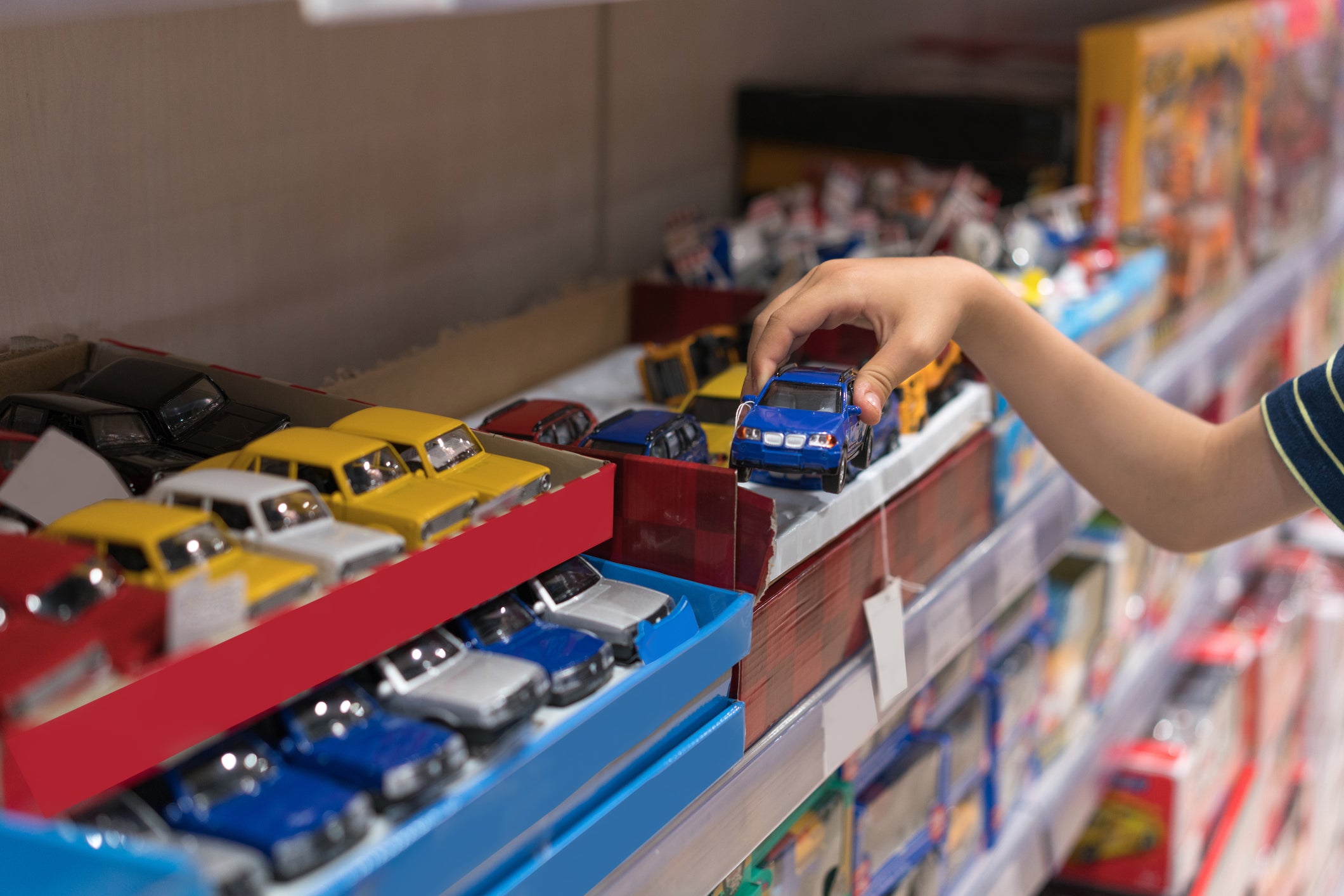Toy stores could go bust under Trump’s proposed international tariffs
Nearly 80 percent of U.S. toys are manufactured in China, one of the countries the president-elect has threatened to target with immediate charges on imports
The price of toys may soar if Donald Trump carries through on his vow to impose exorbitant international tariffs, leading to the closure of many independent retailers.
According to industry group The Toy Association, nearly 80 percent of U.S. toys are manufactured in China, one of the countries the President-elect has threatened to target with immediate charges on exports.
Trump has said he would impose a 10 percent universal tariff on foreign imports, and last month floated the idea of an additional 60 to 100 percent tariff on goods specifically from China.
But experts have warned that the tariffs are likely to have a negative effect on shoppers and the economy. Though the levy is paid by the importer, much of the tax is ultimately handed off to consumers in the form of higher prices.

Research conducted by the National Retail Federation (NRF) examined the impact of the proposed tariffs on apparel, furniture, household appliances, footwear, travel goods, and toys.
The NRF found that the tariffs would reduce the American consumer’s spending power by up to $78 billion every year the tariffs are in place.
They would be paying $8.8 billion to $14.2 billion more for toys, according to the NRF data. This may have serious consequences for independent toy sellers.
Jennifer Bergman, the owner of New York City’s West Side Kids told CBS News that about 90 percent of the toys she sells are made in China. She said that having to drive her prices up may result in a loss of customers and business that would cause her to close her doors.
"It would be heartbreaking," she said. "It would be a real loss for the community. It would be a real loss for me. I can’t really imagine not being here."
Experts at the Peterson Institute for International Economics have similarly warned that a 60 percent tariff on Chinese exports would be a “major shock to international goods markets” – and the toy market specifically.
"While toys seem like products for which substitute sellers would be readily available, China maintains a dominant position in toy production for several reasons, including its not-easily-reproduced capacity to produce materials that meet US product safety standards," they wrote in a blog post earlier this month.
Join our commenting forum
Join thought-provoking conversations, follow other Independent readers and see their replies
Comments
Bookmark popover
Removed from bookmarks